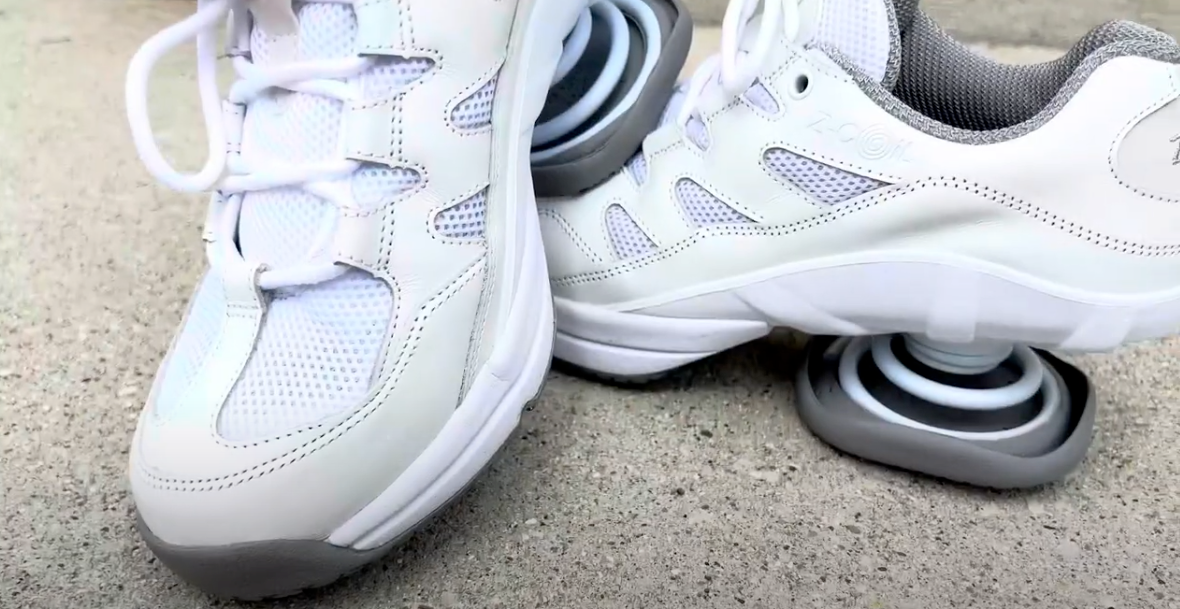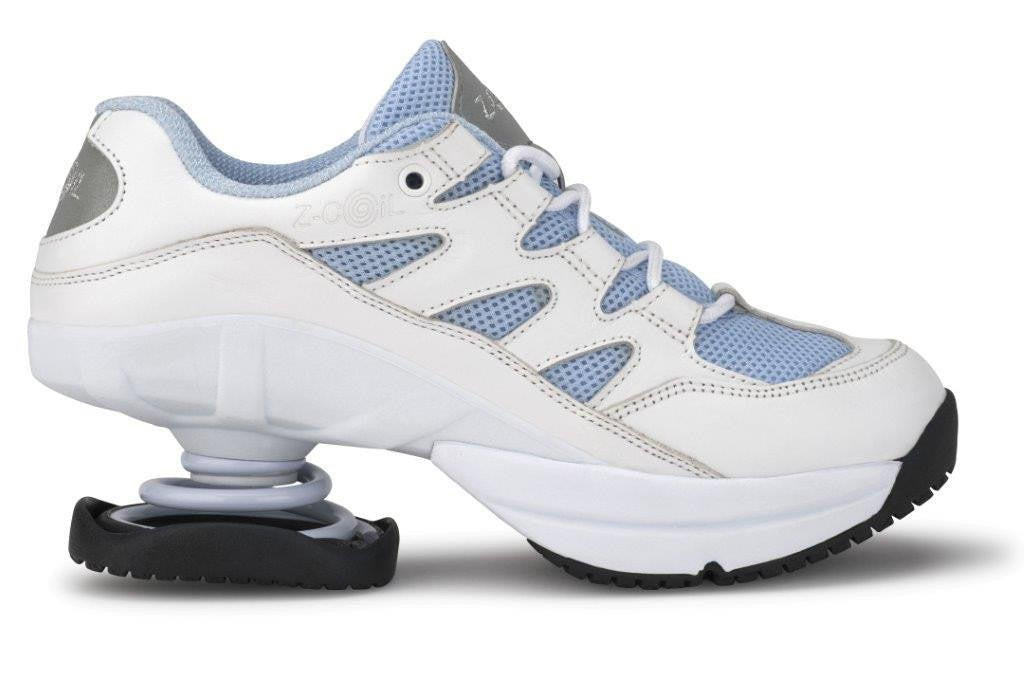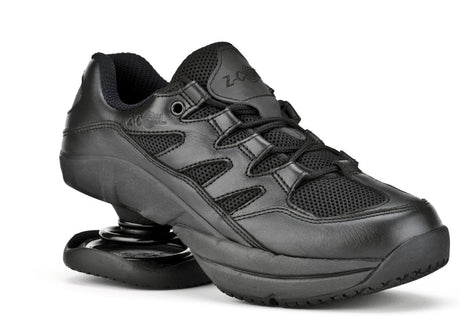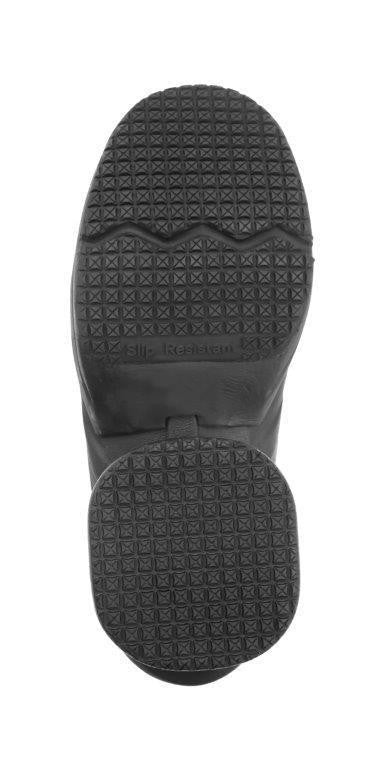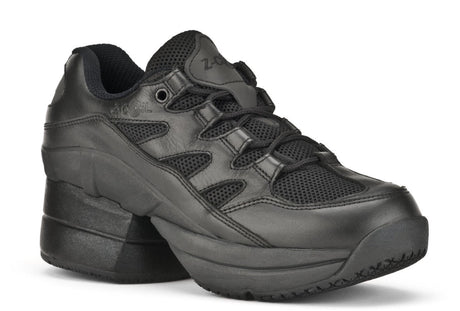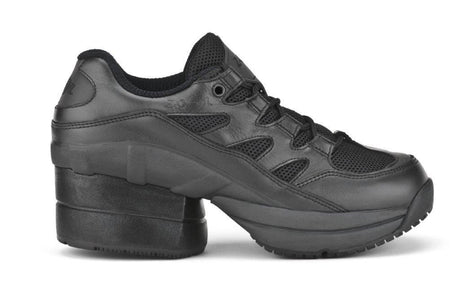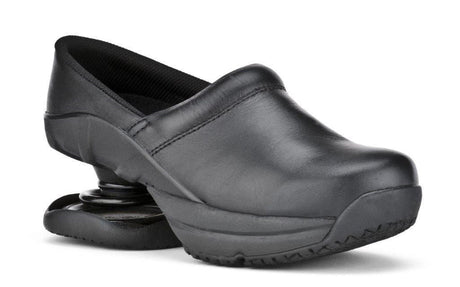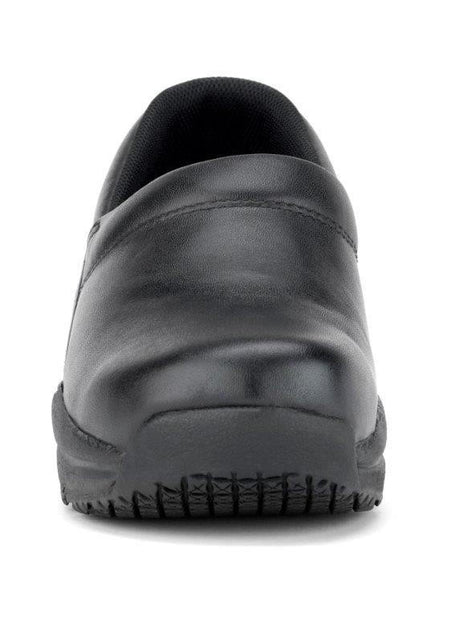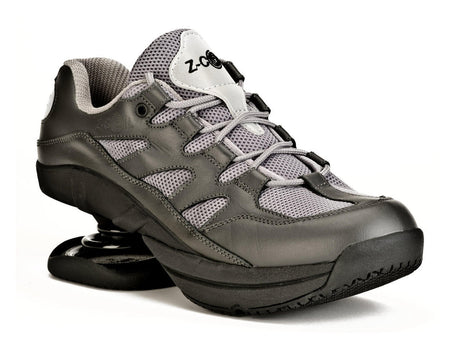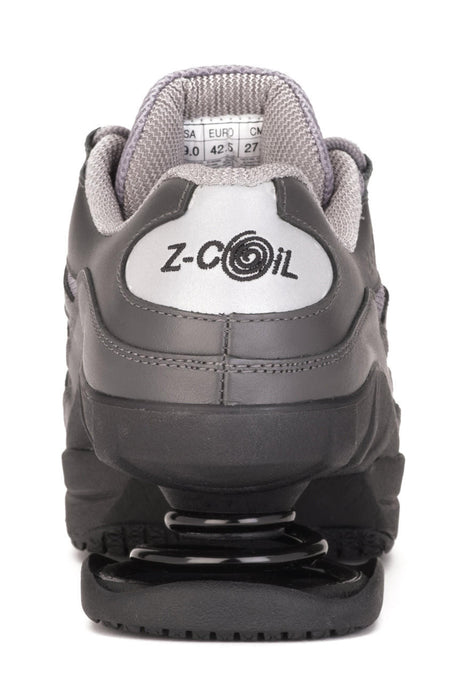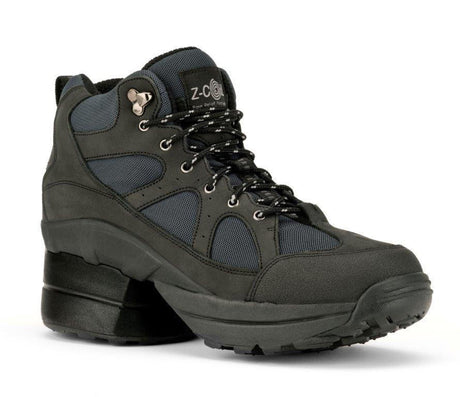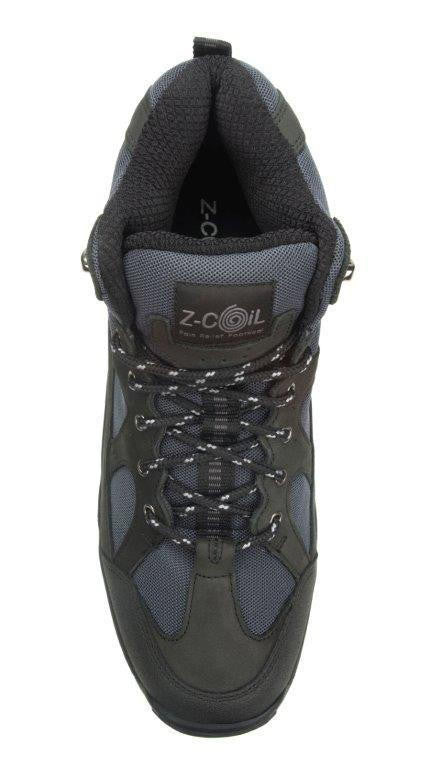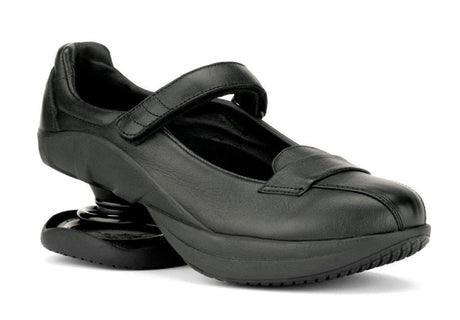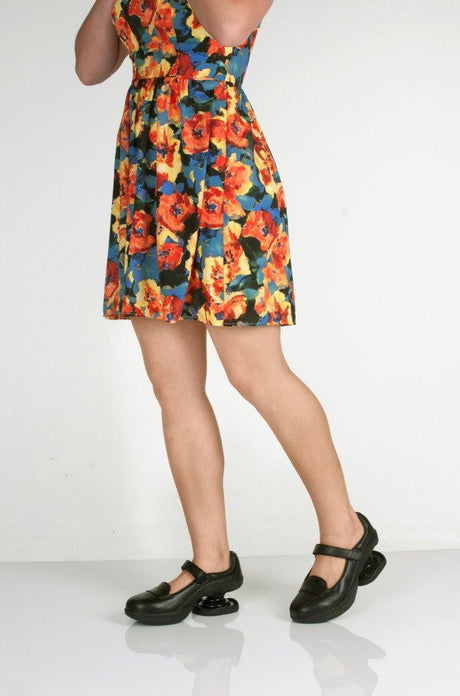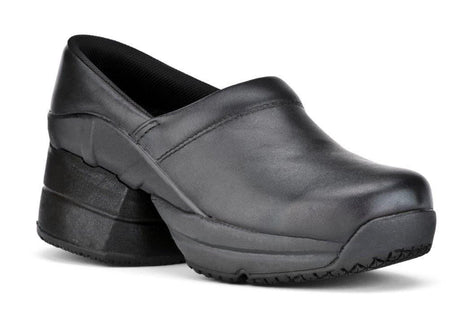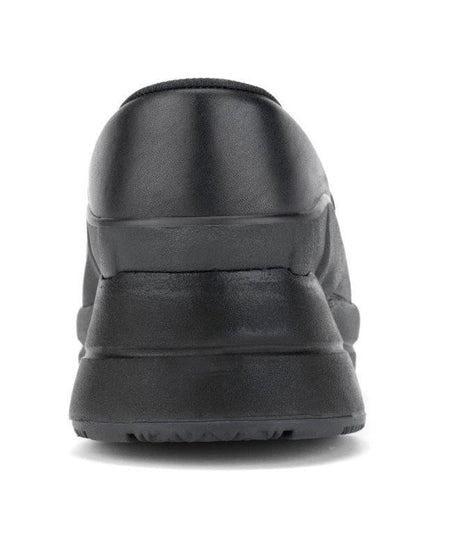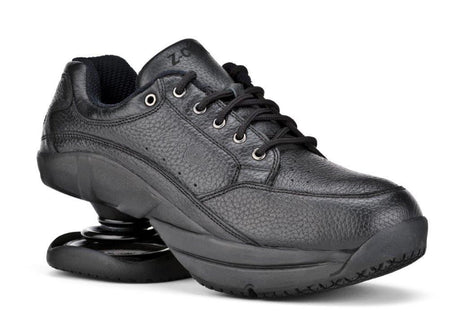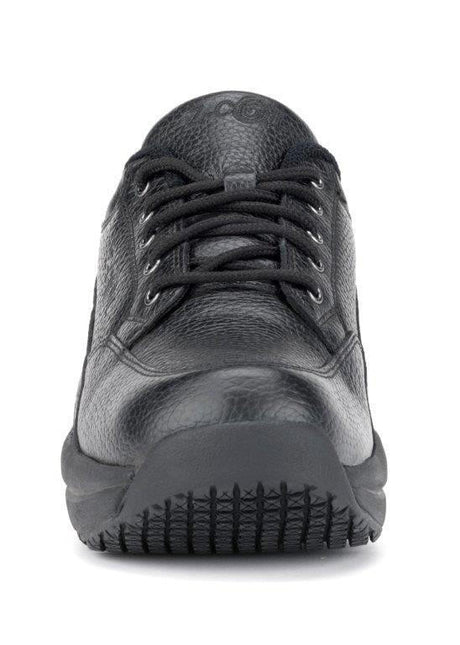Over pronation simply put is the foot rolling to inward during the normal walking or running cycle. Propelling the body forward requires the transfer of impact from the heel to the toes. But absorbing and transferring excessive impact can cause your foot to roll inward, putting stress on the inside (medial side) of the foot. Over-pronation is usually defined when the foot rolls inward more than 15° after heel-strike.
The effects of over-pronation often causes foot pain and pain in the knees, legs and back.
Understanding Pronation
During the gait cycle, impact is transferred along the foot to propel the body forward. Ideally, impact should be transferred along the lateral side of the foot, evenly disbursed across the ball of the foot and into the toes, primarily up the middle of the big and second toes. For people who over-pronate, the foot collapses inwards, putting pressure along the arch-side of the foot.
Footwear
There are a number of causes of over-pronation, many of which are related to anatomical structure in the lower extremities but often it is the shoes you are wearing. Ill-fitting shoes that improperly distribute impact during the gait cycle can contribute to over-pronation as well.
Impact-Pronation Connection
Over-pronation may also develop in response to excessive impact. Impact may cause collapsed arches, which then shifts weight bearing to the inside of the foot. But even when natural arches remain intact, those who experience excessive stress forces—runners, overweight individuals and pregnant women—are much more likely to over-pronate.
Anatomical Factors
Over-pronation may be a foot issue that arises from another foot issue—flat feet. Because people with collapsed arches have more area of the foot in contact with the ground, weight often shifts to the medial side of the foot during the gait cycle.
However, over-pronation may be the result of anatomical issues further up the kinetic chain. Over-pronation may be caused by:
- Bowed legs
- Leg length discrepancies
- Muscle tightness or weakness, especially in the calves
Loose ligaments (i.e. generalized hypermobility) may also contribute to over-pronation as ligaments are not able to keep joints (especially the ankles) in proper alignment as impact is transferred from heel to toe.
Prevention and Treatment
Research shows that over-pronation is related to impact—the more impact your feet sustain, the more likely and severely you are to over-pronate. That’s why over-pronation is so common in runners. Wearing running shoes for pronation and/or orthotics can help prevent and correct the abnormal inward motion.
Balance Begins at the Bottom
Z-CoiL Pain Relief Footwear are specialty shoes engineered for over-pronation correction. The patented technology and innovative design provide the necessary support from heel to toe to correct the inward rotation and ensure that impact is transferred properly along the foot. In fact the coils in Z-CoiL Footwear can be rotated in 90 degree increments to apply more or less resistance to the inside or outside of your foot. The goal is to have your heel come down vertically with each step and not roll inward.
Z-CoiL Pain Relief Footwear can help correct over-pronation. While Z-CoiL shoes cannot address anatomical deformities, they can affect how your body absorbs and transfers impact.
Z-CoiL Pain Relief Footwear provides significant impact reduction, and the adjustable coil system counterbalances the tendency to put stress on the medial side of the foot. Other features provide foot and whole body support to further encourage natural joint alignment and proper impact transfer.
Since the world’s walking surfaces are now hard, Z-CoiL offsets the hard with a soft coil and other impact reducing parts. The result is an immediate and an obvious reduction in pain and stress to your body.
Designed and engineered by a runner, Z-CoiL has been changing lives since 1995, with over 1 million pairs sold. Most Z-CoiL customers simply won’t wear anything else. We realize Z-CoiLs look a little different, but once you have them on, you will realize what walking is supposed to be like.
We believe life is too short and precious to experience repeated pounding, injury, and pain from the ground. We ask that you give Z-CoiL and opportunity to change your life – we think you will be glad you did.





